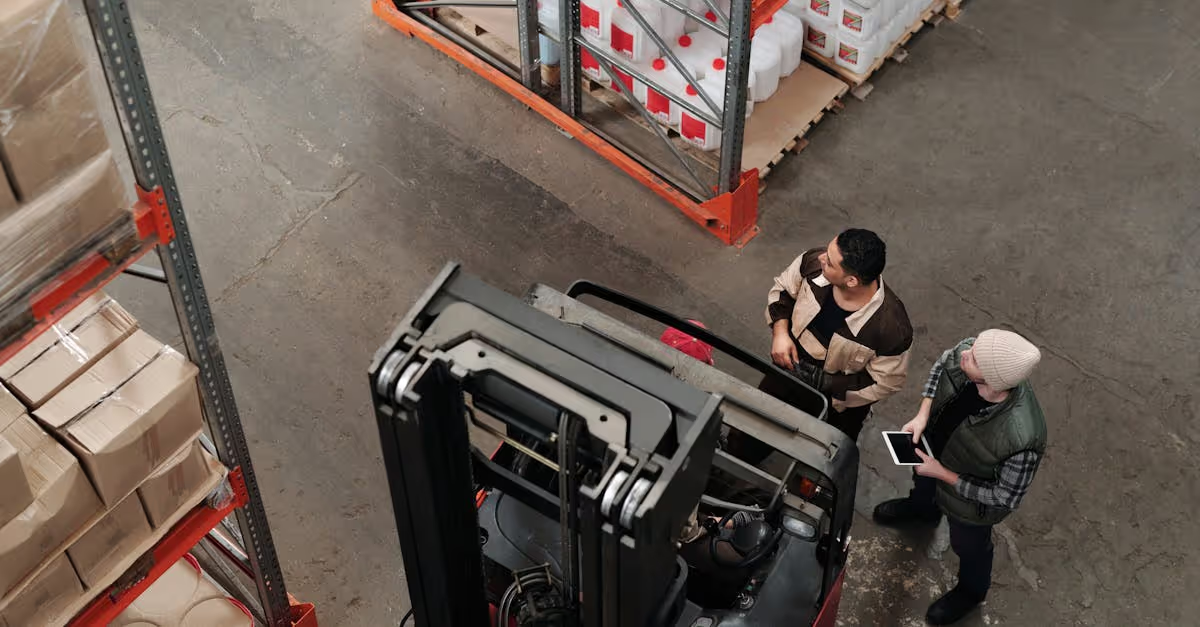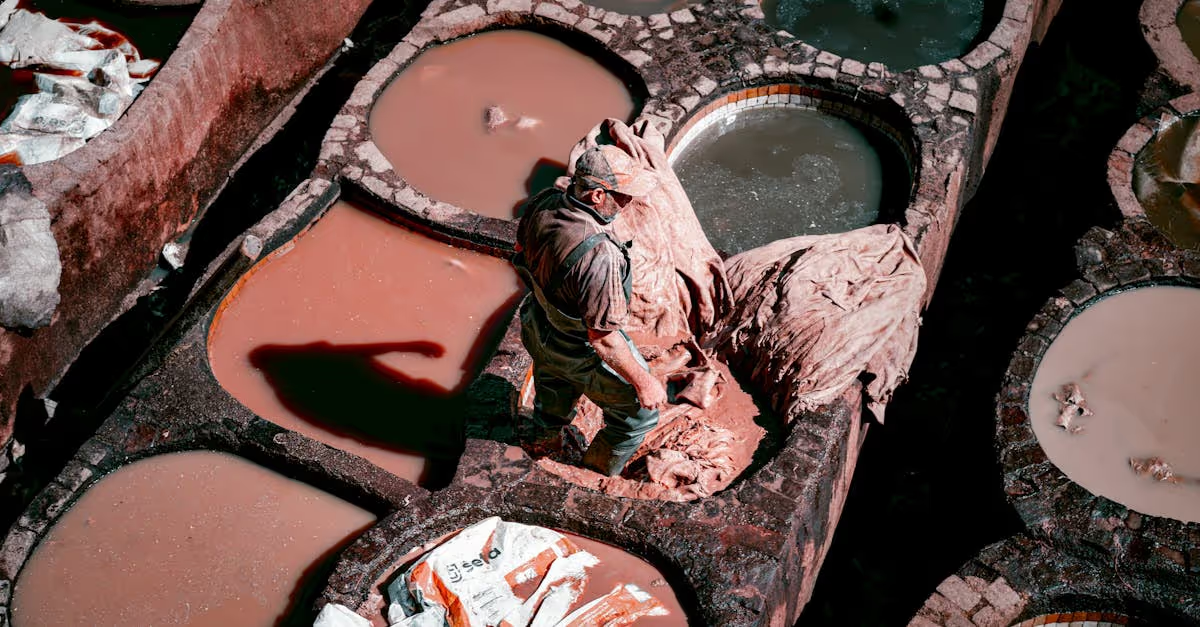Key Takeaways
- Understand Pool Chemicals: Learn about various types of pool chemicals such as chlorine, pH balancers, algaecides, and stabilizers, and their specific functions in maintaining pool safety and cleanliness.
- Prioritize Safety: Always prioritize safety when handling pool chemicals by wearing appropriate personal protective equipment (PPE) and following proper usage guidelines to prevent accidents.
- Proper Storage Techniques: Store pool chemicals in a cool, dry, well-ventilated area, away from sunlight, and ensure they are clearly labeled and securely contained to avoid hazardous reactions.
- Avoid Mixing Chemicals: Never mix different types of pool chemicals, as this can result in dangerous reactions. Always follow manufacturer instructions for application to ensure safety and effectiveness.
- Emergency Preparedness: Be aware of emergency response protocols for chemical exposure, including first aid measures and clean-up procedures, to ensure swift action in case of an accident.
- Regular Maintenance Checks: Consistently inspect chemical storage areas for spills, leaks, and proper organization to enhance safety and prolong the effectiveness of the chemicals used in your pool.
Maintaining a sparkling pool goes beyond just regular cleaning; it involves handling chemicals that can be hazardous if not managed properly. Did you know that nearly 5,000 pool-related injuries occur each year in the U.S., many attributed to improper chemical use? Understanding how to safely store and use these substances is vital for both your safety and the longevity of your pool.
In this comprehensive guide, we’ll dive into essential tips for handling pool chemicals, from proper storage techniques to effective usage guidelines. With the right knowledge, we can ensure our swimming experience is enjoyable and safe for everyone. Let’s explore how to keep our pools pristine while prioritizing safety.
Overview of Pool Chemicals
Pool chemicals play a vital role in maintaining clean and safe water for swimmers. Various types of chemicals exist, each serving different purposes.
Common Pool Chemicals
- Chlorine: This chemical disinfects the water, eliminating bacteria, algae, and viruses. It comes in several forms, including liquid, granules, and tablets.
- pH Balancers: These substances adjust the acidity or alkalinity of the water. A balanced pH, typically between 7.2 and 7.8, keeps swimmers comfortable and prevents damage to pool surfaces and equipment.
- Algaecides: These prevent and eliminate algae growth. Using algaecides helps maintain clear water and enhances overall pool appearance.
- Stabilizers: Products like cyanuric acid protect chlorine from being broken down by sunlight. They extend the effectiveness of chlorine and reduce the frequency of treatments needed.
Proper Application of Chemicals
Using these chemicals correctly is essential. Always read the labels and follow the manufacturer's instructions. Measure the right amount, and never mix different chemicals. For example, mixing chlorine and acid can produce dangerous fumes. We must prioritize safety in every step.
Safe Storage Guidelines
Storing pool chemicals safely prevents accidents and ensures their effectiveness. Here’s how:
- Keep in a Cool, Dry Place: Store pool chemicals in a well-ventilated area away from direct sunlight and moisture. A dry storage shed works best.
- Use a Lockable Container: For safety, especially if we have children or pets, use a lockable cabinet or storage bin.
- Label Everything: Clearly label all containers with their contents to avoid confusion. This practice promotes our community's safety.
- Separate Chemicals: Store different types of chemicals apart from each other. This avoids accidental reactions and ensures safe usage.
Engaging with Pool Maintenance
When maintaining a pool, we can share tips and experiences. For instance, have we ever encountered a time when our pool turned a mysterious shade of green? It’s usually due to algae getting out of control. Sharing funny stories about our swimming pool maintenance mishaps can make us feel connected as a community.
Summary of Key Practices
- Use chlorine for effective sanitation.
- Regularly check and balance pH levels.
- Implement algaecides to fend off pesky algae.
- Store chemicals safely to prevent accidents.
With these guidelines, we contribute to a cleaner, safer pool environment for everyone. Let's keep our pools inviting and enjoyable for all our friends and family.
Importance of Safety
Safety plays a critical role in handling pool chemicals. By prioritizing safety, we reduce the risk of injuries and enhance the enjoyment of our pool experiences. With nearly 5,000 pool-related injuries occurring annually in the U.S. due to improper chemical use, taking precautions is vital.
Common Pool Chemicals
Common pool chemicals include chlorine, pH balancers, algaecides, and stabilizers. Chlorine serves to disinfect the water, while pH balancers maintain water acidity to promote comfort and cleanliness. Algaecides help in preventing algae growth, a common issue in pools, while stabilizers protect chlorine from sunlight degradation. Understanding these chemicals and their functions contributes to a cleaner and safer swimming environment for everyone.
Risks and Hazards
Risks associated with pool chemicals can’t be overlooked. Improper handling may lead to chemical burns, respiratory issues, or even more severe accidents. Mixing incompatible chemicals can result in hazardous reactions, causing harmful fumes or explosions. Storage also presents hazards; chemicals stored incorrectly can lead to spills or degradation, increasing the risk for pool users. Always store chemicals in a cool, dry place, away from direct sunlight, and label them clearly. By recognizing these dangers, we promote a safer pool environment and cultivate more enjoyable experiences for all swimmers.
Safe Handling Procedures
Handling pool chemicals safely is crucial for maintaining both personal health and pool integrity. We must follow specific procedures to minimize hazards and ensure a safe swimming environment.
Personal Protective Equipment
Wearing appropriate personal protective equipment (PPE) protects us from potential chemical exposure. Items like gloves, goggles, and masks should be worn whenever we handle pool chemicals. For instance, rubber gloves prevent skin irritation from chlorine or acid. Safety goggles protect our eyes from splashes, while masks reduce inhalation of harmful fumes. How often do we think about the gear we wear while enjoying our pool party? Mixing and applying chemicals should feel safe, not like a guessing game. Always remember, staying safe means we can keep enjoying our pools for years to come.
Proper Storage Guidelines
Storing pool chemicals safely plays a crucial role in maintaining a secure environment. Our approach to proper storage emphasizes safety and organization, preventing accidents and ensuring longevity.
Ideal Storage Conditions
Store pool chemicals in a cool, dry location away from direct sunlight. We recommend keeping temperatures below 100°F (38°C) to maintain their effectiveness. Using a locked storage container secures them from children and pets. Additionally, a well-ventilated area minimizes harmful fumes. Clear labeling helps us identify each product quickly, preventing mix-ups. Regularly check storage areas for spills or deterioration. For example, a broken container can lead to hazardous outcomes and significant messes.
Avoiding Contamination
Preventing contamination of pool chemicals is essential for safety. We should never mix different types of chemicals, as they can cause dangerous reactions. Store incompatible substances separately to avoid accidental contact. Using dedicated, clean containers for each chemical eliminates cross-contamination risks. If we're handling powdered and liquid forms, keeping them apart is crucial. For extra safety, always replace lids tightly after use. We can share the responsibility of keeping our pool areas safe by discussing best practices and storage tips in our community. How do we manage our storage routines? Are there any tricks we've found that work well for our pools?
Emergency Response Protocols
Emergency response protocols for pool chemical accidents can help us act quickly and effectively. Knowing these measures can save lives and minimize injury.
First Aid Measures
In case of chemical exposure, quick action matters. For skin contact, rinse the affected area with cool water for at least 15 minutes. Remove any contaminated clothing. For eye contact, flush eyes with water or saline solution for at least 15 minutes, holding the eyes open. If someone ingests a chemical, don’t make them vomit. Instead, call poison control at 1-800-222-1222. Each pool chemical may require specific first aid responses, so always check the safety data sheet (SDS) for the chemical in use. Keeping a first aid kit stocked and accessible near the pool promotes our readiness for unexpected situations. Awareness and preparedness create a safer pool environment.
Spills and Leaks
Address spills and leaks immediately. First, stay calm and keep others away from the area. Wear appropriate personal protective equipment (PPE), like gloves and masks. If the spill is small, use a broom and dustpan to contain solid chemicals, while for liquids, absorb with materials like sand or kitty litter. Place the waste in a sealed container and label it clearly. For larger spills, contact a hazardous materials clean-up team. Regularly inspect chemical storage areas for leaks. Keeping our storage organized and well-maintained reduces spill risks. Engaging with fellow pool owners to share experiences and tips about managing chemicals creates a supportive community approach to safety.
Conclusion
By prioritizing safety in our pool chemical management we can create a healthier swimming environment for everyone. Understanding the proper storage and usage guidelines is essential to prevent accidents and ensure the longevity of our pools.
Let’s commit to using personal protective equipment and following recommended practices to minimize risks. Regularly checking our supplies and engaging with the community about best practices can enhance our knowledge and safety.
Together we can enjoy our pools while keeping them clean and safe for family and friends. With these strategies in place we’re well on our way to a safer swimming experience.
Frequently Asked Questions
What are the common pool chemicals I should know about?
Pool chemicals include chlorine for disinfection, pH balancers for acidity control, algaecides to prevent algae, and stabilizers to protect chlorine from sunlight. Understanding these will help you maintain a safe and clean swimming environment.
How should I store pool chemicals safely?
Store pool chemicals in a cool, dry place away from direct sunlight, ideally below 100°F (38°C). Use lockable containers, clearly label items, and separate different types of chemicals to prevent hazardous reactions.
What personal protective equipment (PPE) should I wear when handling pool chemicals?
When handling pool chemicals, it's important to wear gloves, goggles, and masks to protect against exposure. This helps minimize health risks and ensures safe application.
What should I do in case of a chemical spill?
In case of a chemical spill, remain calm and use appropriate PPE. Contain the spill with absorbent materials, and follow specific cleanup procedures based on the type of chemical involved. Always consult the safety data sheet (SDS) for guidance.
How can I prevent pool-related injuries caused by chemicals?
Prevent injuries by always following label instructions, avoiding mixing chemicals, ensuring safe storage, and wearing PPE when handling. Regularly check for spills and engage in community discussions to share safe practices.






